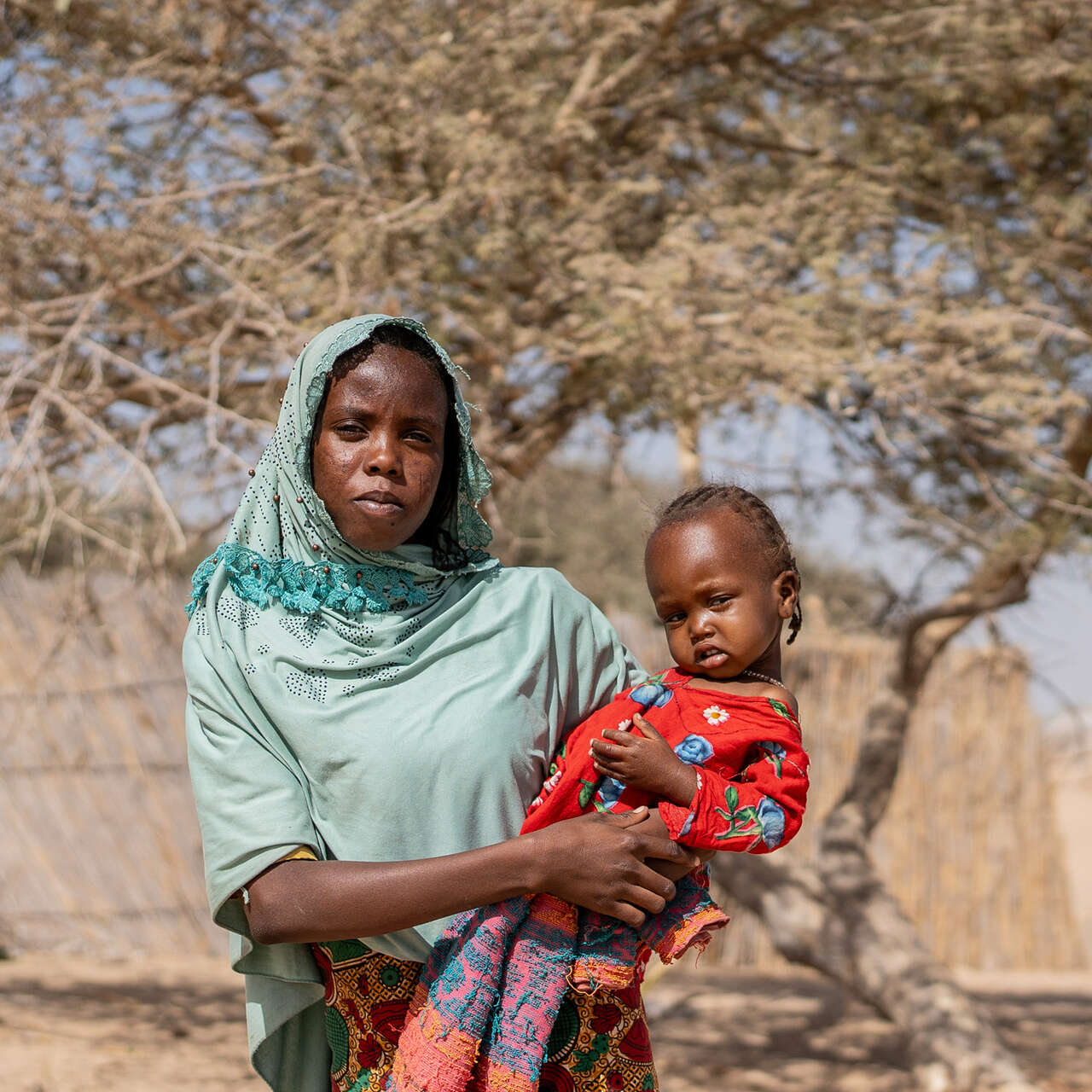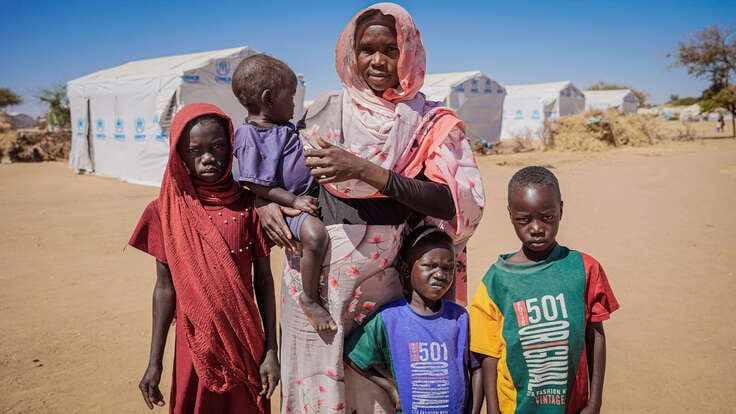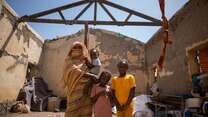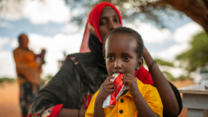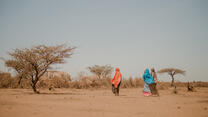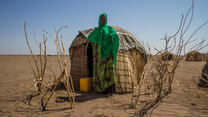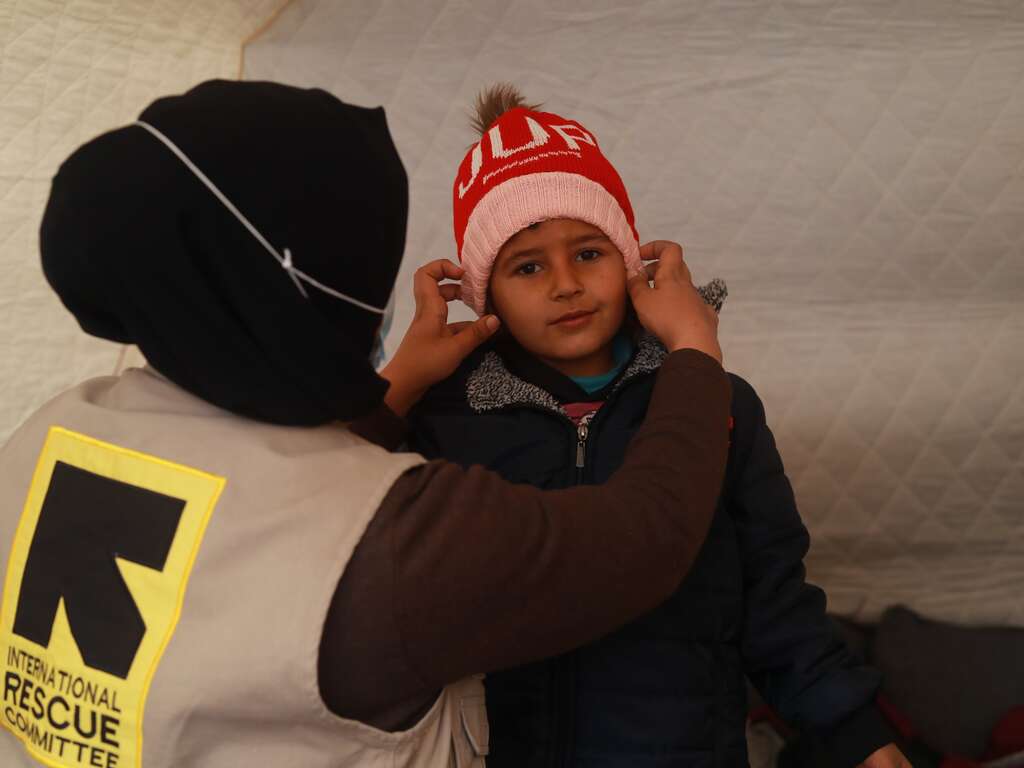Chad-Sudan border at breaking point
- Chad's eastern region is struggling with 47,000 refugees arriving in 30 days, straining local resources and infrastructure.
- Health centers are under-resourced, with over 100,000 children facing severe malnutrition and limited access to care.
- IRC mobile clinics provide vital services but reach only a fraction of the over 800,000 refugees from Sudan.
Country facts
- Total population: 15.8 million
- People displaced by crisis: 706,000
- Rank in Human Development Index: 186 out of 188
IRC response
- Started working in Chad: 2004
